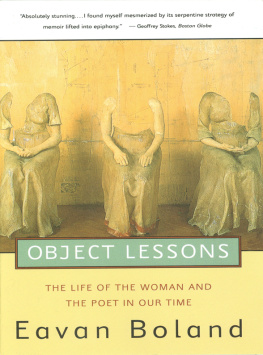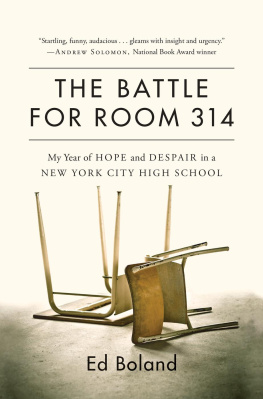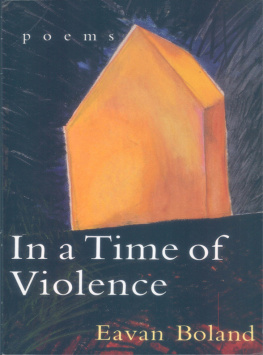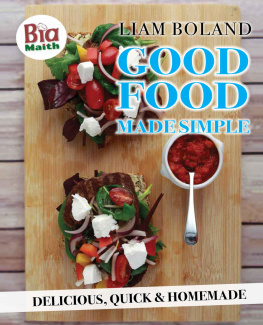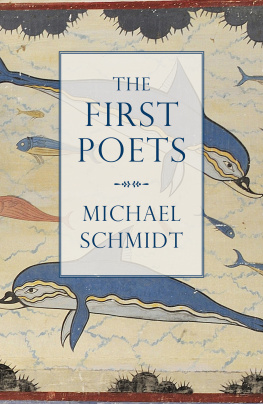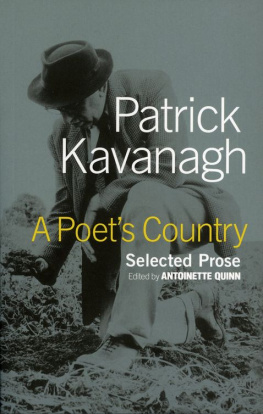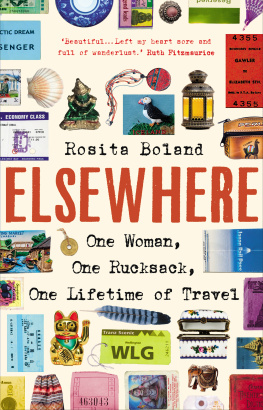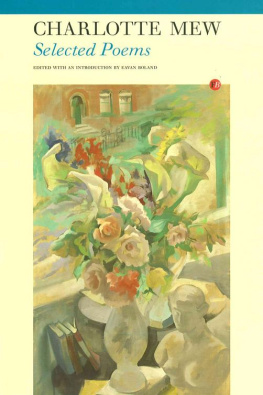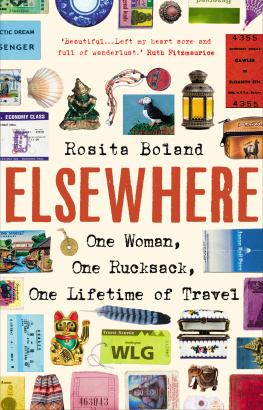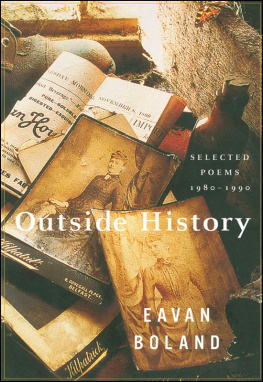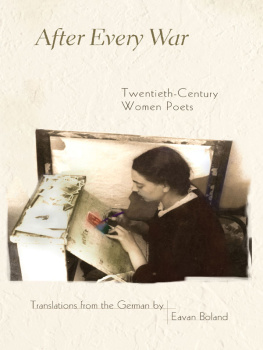

I began to write in an enclosed, self-confident literary culture. The poets life stood in a burnished light in the Ireland of that time. Poets were still poor, had little sponsored work and could not depend on a sympathetic reaction to their poetry. But the idea of the poet was honored. It was an emblem to the whole culture that self-expression and survival could combine. A contested emblem, certainlythe relation was never easy and may even, in certain ways, have been corruptbut it existed, it was there. A poet was remarked upon and pointed out, was sometimes quoted, and the habits and sayings of poets frequently found their way into a sort of image file of idiosyncrasy which further reinforced the sense of poetry as something in high relief and set apart.
A womans life was not honored. At least no one I knew suggested that it was exemplary in the way a poets was. As dusk fell in the city, a conversational life intensified. Libraries filled up; the green-cowled lamps went on, and light pooled onto open pages. The pubs were crowded. The cafs were full of students and apprentice writers like myself, some of them talking about literature, a very few talking intensely about poetry.
Only a few miles away was the almost invisible world that everyone knew of and no one referred to. Of suburbs and housing estates. Of children and women. Of fires lighted for the first winter chill; of food put on the table. The so-called ordinary world, which most of us had come from and some would return to on the last bus, was not even mentioned. Young poets are like children. They assume the dangers to themselves are those their elders identified; they internalize the menace without analyzing it. It was not said, it was not even consciously thought and yet I absorbed the sense that poetry was safe here in this city at twilight, with its violet sky and constant drizzle, within this circle of libraries and pubs and talks about stanzas and cadences. Beyond it was the ordinariness which could only dissipate it; beyond it was a life for which no visionary claim could be made.
The opposite is now true. A womans lifeits sexuality, its ritual, its historyhas become a brilliantly lit motif, influencing the agenda of culture and commerce alike. At the same time the old construct of the poets life, for which I have such an exasperated tenderness, has lost some of the faith and trust of a society. Increasingly, it is perceived as arcane and worse: as a code of outdated power systems whose true purpose was to exalt not the poets capacity to suffer but his suitability for election to a category which made him or her exempt from the shared experience of others.
I know now that I began writing in a country where the word woman and the word poet were almost magnetically opposed. One word was used to invoke collective nurture, the other to sketch out self-reflective individualism. Both states were necessarythat much the culture concededbut they were oil and water and could not be mixed. It became part of my working life, part of my discourse, to see these lives evade and simplify each other. I became used to the flawed space between them. In a certain sense, I found my poetic voice by shouting across that distance.
But I was also hostage to it. As a young woman and an uncertain poet, I wanted there to be no contradiction between the way I made an assonance to fit a line and the way I lifted up a child at night. But there were many; they were deep-seated, they inflected arguments of power and presumption which were obvious to me and yet unexamined in any critique I knew.
The relative status of these lives has changed. The power of each to limit and smooth out the complexity of the other has not. In the old situation which existed in the Dublin I first knew, it was possible to be a poet, permissible to be a woman and difficult to be both without flouting the damaged and incomplete permissions on which Irish poetry had been constructed.
The new situation has made a role reversal. Now poetry itself, and the concept of the poet, have been put under severe pressure by any number of factors, among which the emergence of women and the new importance ascribed to a womans life are a real and powerful presence.
Here and throughout this book these lives remain the theme. These, after all, are the two livesa womans and a poetsthat I have lived and understood. They are the lives whose aspirations I honor, and they remain divided. I have written freely about both, and sometimes my pen has skidded on the modest particulars. I am not a scholar, and my historical sense is selective. My working life has been spent not in any aspiration towards knowledge or accuracy but in an intuitive struggle with form. And yet at certain points in writing this book, I have caught a glimpse of the wider implications of the theme. At these moments it has seemed to me that these lives, with their relation and division, make a sign which is ominous and revealing: about silence and expression, about democratization and oligarchy, about the life a society tolerates and the one it nominates to take it into the future, to both glory and survival.
II.
I have put this book together not as a prose narrative is usually constructed but as a poem might be: in turnings and returnings. In parts which find and repeat themselves and restate the argument until it loses its reasonable edge and hopefully becomes a sort of cadence. Therefore, the reader will come on the same room more than once: the same tablecloth with red-checked squares; the identical table by an open window. An ordinary suburb, drenched in winter rain, will show itself once, twice, then disappear and come back. The Dublin hills will change color in the distance, and change once more. The same October day will happen, as it never can in real life, over and over again.
In various pieces I have returned to the same themes and their interpretation, often to the exact room and the identical moment in the suburb when the light goes out of the sky and dusk comes. I will need the readers patience as, once again, I go back to the visionary place, the obstructed moment. Not so much because of an aspiration to give a definite shape to the book but because each revisiting has offered me another chance to clarify the mystery of being a poet in the puzzle of time and sexuality and nationhood.
Argument and recollection may not solve the puzzle, but they have allowed me to note it. They have also allowed me to make a record of the interior of the poem as I found it; its angles of relation to my life and circumstance. There is nothing definitive about this; such angles are subjectively observed and understood. But it is also true that they are not found in textbooks, at least not for a working poet. They are best seen where they have most effect: at the actual moment of writing a poem.
And in a sense it is the very smallness of this moment and the ordinary furnishings which surround ita suburban dusk, a table by an open window with a book and a pen on itwhich have led me to a larger contention. To make it at all clearly here, as against the diffused form in which it appears throughout this book, I will have to return to the argument.
In an odd and poignant way these two lives, of a poet and a woman, have proved to be formidable historical editors of each other. In previous centuries, when the poets life was an emblem for the grace and power of a society, a womans life was often the object of his expression: in pastoral, sonnet, elegy. As the mute object of his eloquence her life could be at once addressed and silenced. By an ironic reversal, now that a womans life is that emblem of grace and power, the democratization of our communities, of which her emergence is one aspect, makes a poets life look suspect, can make it appear, to a wider society, elite and irrelevant all at once. Therefore, for anyone who is drawn into either of these lives, the pressure is there to betray the other: to disown or simplify, to resolve an inherent tension by making a false design from the ethical capabilities of one life or the visionary possibilities of the other.

